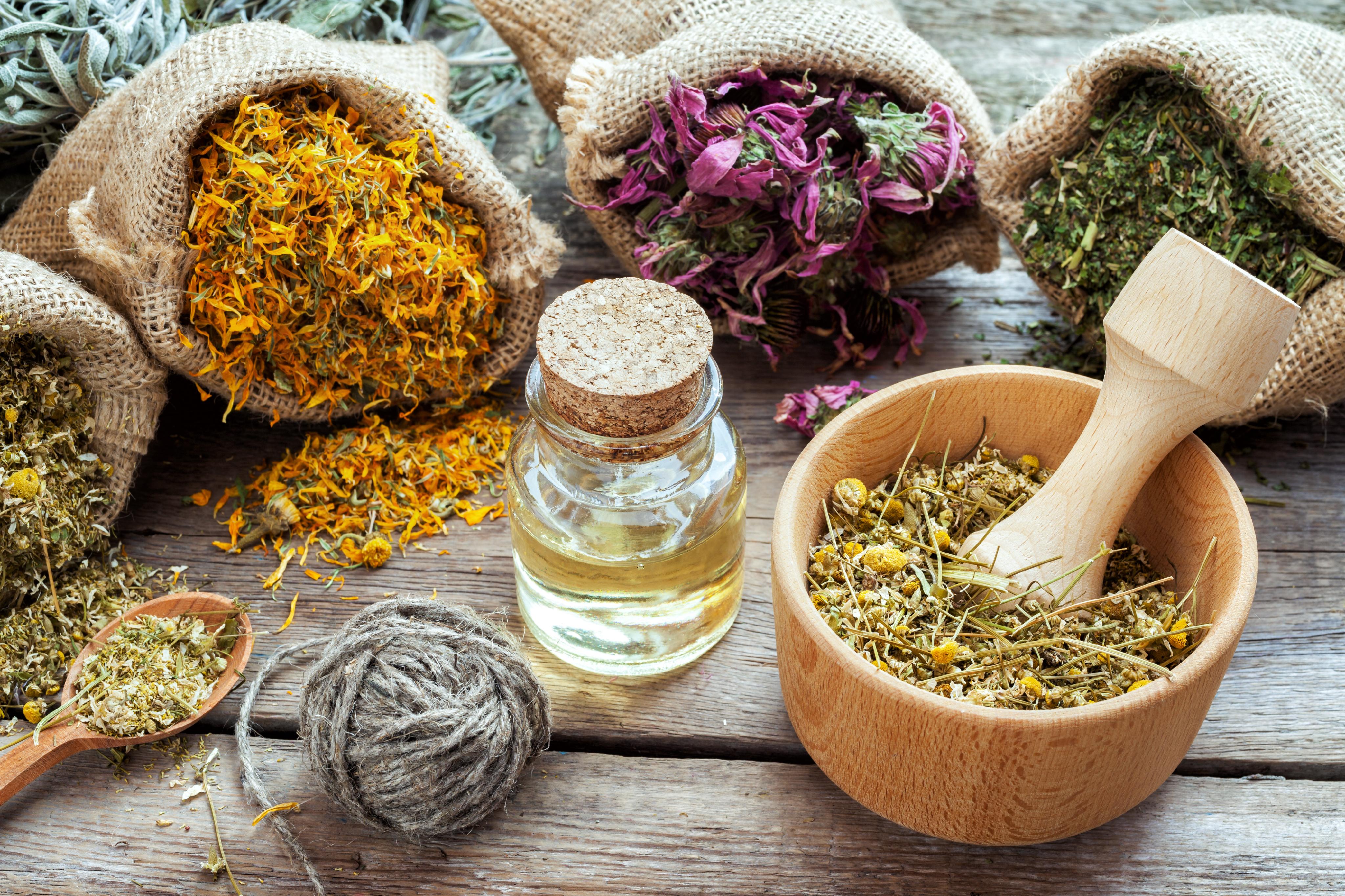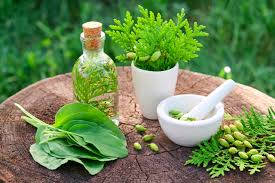Introduction

When it comes to prostate health, many men seek natural alternatives to support their well-being and manage symptoms of common prostate conditions like benign prostatic hyperplasia (BPH) and prostatitis. Herbal remedies have long been used in traditional medicine, and modern science has begun to investigate their effectiveness. In this blog post, we'll explore some of the most popular herbal remedies for prostate health and what the latest research says about their benefits.
1. Saw Palmetto
Overview: Saw palmetto is one of the most well-known herbal remedies for prostate health. Extracted from the berries of the Serenoa repens plant, it has been traditionally used to treat urinary symptoms associated with BPH.
Scientific Evidence: Several studies have examined the effects of saw palmetto on BPH symptoms. A review of clinical trials published in the Journal of the American Medical Association found that saw palmetto may provide modest improvement in urinary symptoms and flow measures compared to a placebo. However, results have been mixed, and some studies suggest that its effectiveness may be comparable to that of a placebo.
Get Your Natural Prostate Supplement Here
Usage: Saw palmetto is available in various forms, including capsules, tablets, and liquid extracts. The typical dose ranges from 160 to 320 mg per day.
2. Pygeum
Overview: Pygeum is derived from the bark of the African cherry tree (Prunus africana). It has been used traditionally to treat urinary problems and support prostate health.
Scientific Evidence: A review published in the Cochrane Database of Systematic Reviews analyzed several studies on pygeum and found that it may help improve urinary symptoms and flow measures in men with BPH. Participants reported better overall satisfaction compared to those taking a placebo.
Usage: Pygeum is commonly taken as an extract in doses ranging from 100 to 200 mg per day.
3. Stinging Nettle
Overview: Stinging nettle (Urtica dioica) has a long history of use in herbal medicine, particularly for treating urinary and prostate conditions.
Scientific Evidence: Research published in the journal Phytomedicine suggests that stinging nettle may help alleviate symptoms of BPH. It is often used in combination with other herbs, such as saw palmetto, to enhance its effectiveness.
Get Your Total Holistic Prostate Health Guide Here:
Usage: Stinging nettle is available in various forms, including capsules, tablets, teas, and tinctures. The typical dose ranges from 300 to 600 mg per day.
4. Beta-Sitosterol
Overview: Beta-sitosterol is a plant sterol found in various foods, such as fruits, vegetables, nuts, and seeds. It has been studied for its potential to support prostate health.
Scientific Evidence: A review of studies published in the journal BJU International found that beta-sitosterol can significantly improve urinary symptoms and flow measures in men with BPH. It appears to work by inhibiting the production of dihydrotestosterone (DHT), a hormone that contributes to prostate growth.
Usage: Beta-sitosterol supplements are available in various forms, with typical doses ranging from 60 to 130 mg per day.
5. Rye Grass Pollen Extract
Overview: Rye grass pollen extract (Secale cereale) has been used in Europe to manage symptoms of BPH and prostatitis.
Scientific Evidence: A study published in the journal Urology found that rye grass pollen extract can improve urinary symptoms and quality of life in men with BPH. Another study in Prostate journal indicated that it might also reduce inflammation associated with prostatitis.
Usage: Rye grass pollen extract is typically taken in doses ranging from 126 to 378 mg per day.
6. Green Tea
Overview: Green tea (Camellia sinensis) is rich in antioxidants called catechins, which have been studied for their potential to support prostate health and reduce the risk of prostate cancer.
Scientific Evidence: Research published in the journal Cancer Prevention Research suggests that green tea catechins can help prevent the progression of prostate cancer in men with high-grade prostatic intraepithelial neoplasia (HGPIN). Additionally, a study in The Journal of Nutrition found that green tea extract may help reduce markers of inflammation and oxidative stress in men with prostate cancer.
Usage: Green tea can be consumed as a beverage or in supplement form, with typical doses ranging from 250 to 500 mg of catechins per day.
Get Your Total Holistic Prostate Health Guide Here:
Conclusion
Herbal remedies offer a natural approach to supporting prostate health, and scientific research provides some evidence for their effectiveness. However, it's important to remember that individual results can vary, and not all herbal supplements work for everyone. If you're considering using herbal remedies for prostate health, it's essential to consult with a healthcare professional to ensure they are safe and appropriate for your specific needs.
Incorporating these herbal remedies into a comprehensive approach to prostate health, which includes a balanced diet, regular exercise, and routine medical check-ups, can help you maintain a healthy prostate and improve your overall well-being.

